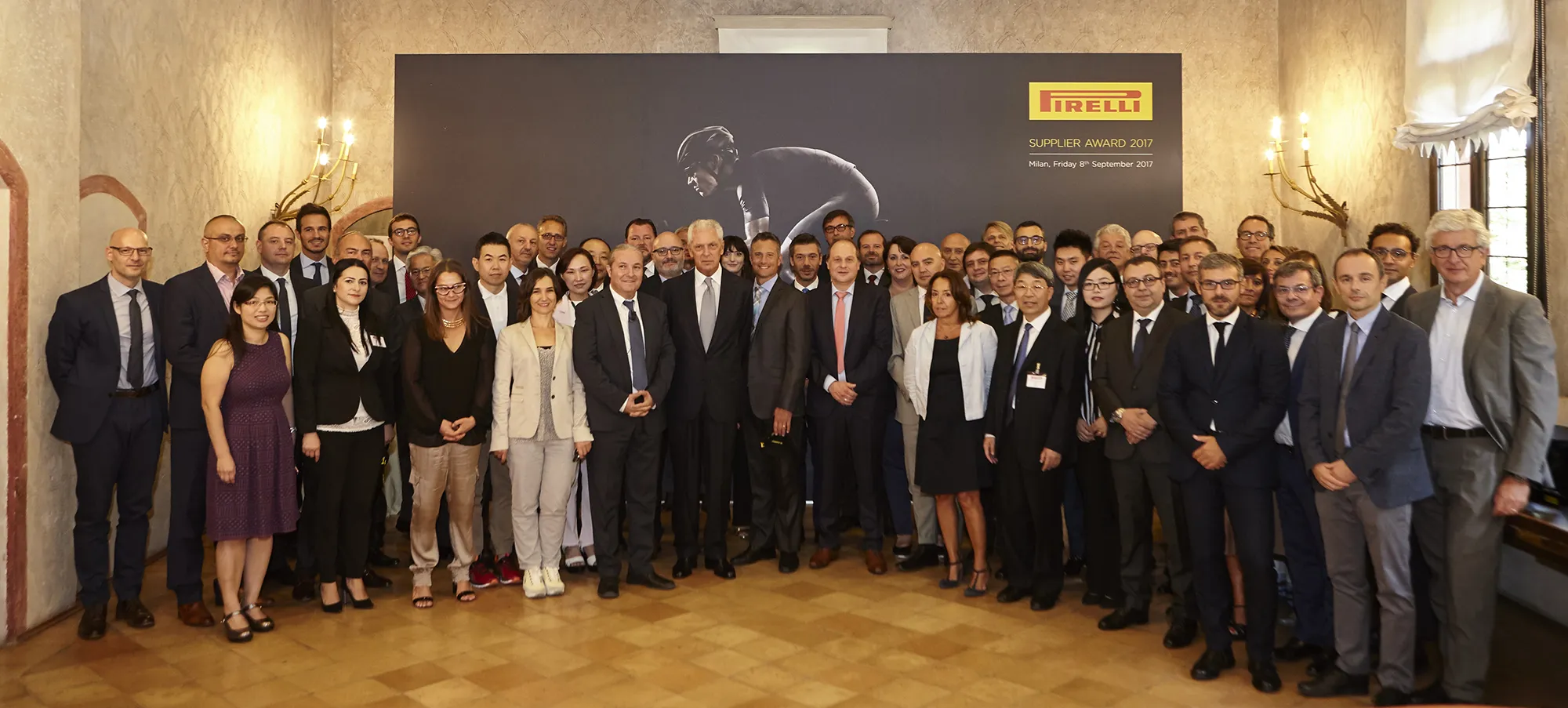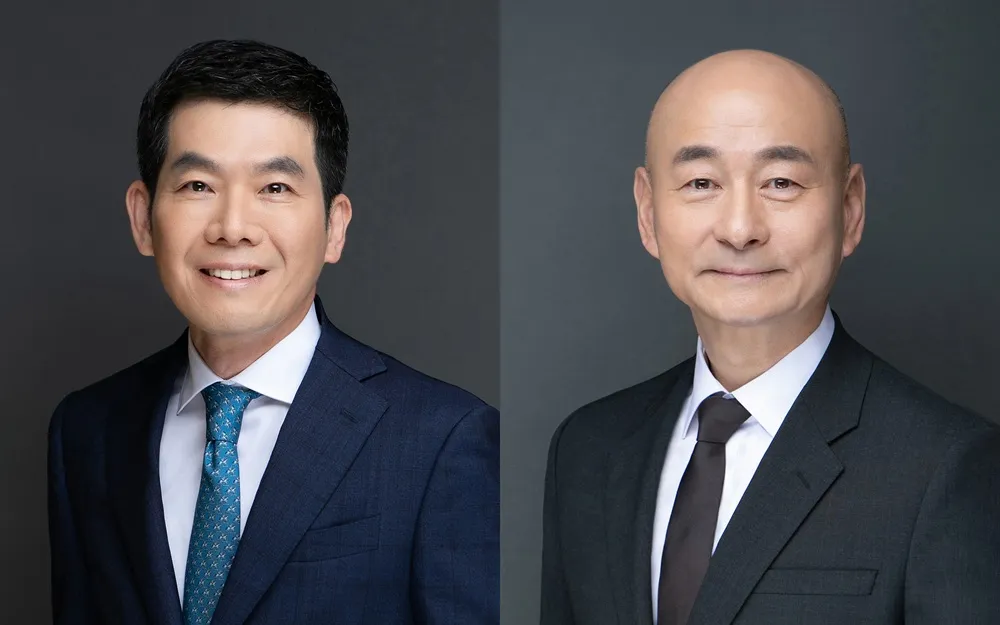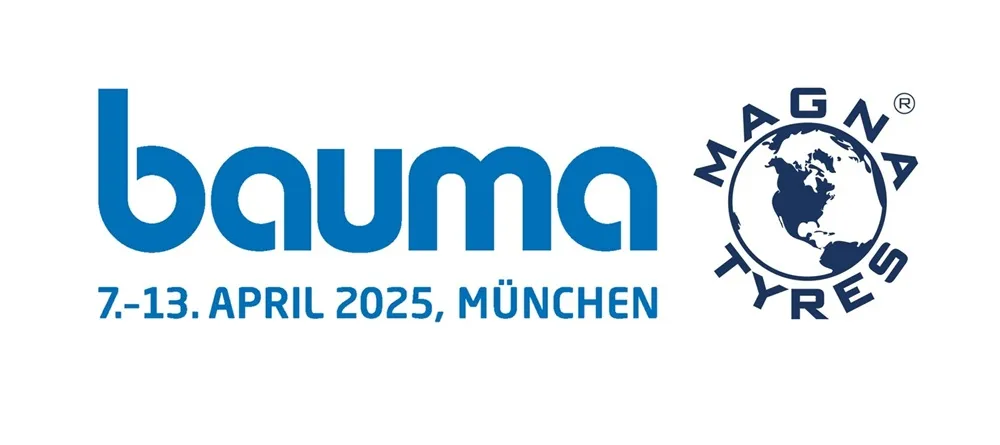The quality of any product always begins with the choice and characteristics of its primary materials: all the more so, when we are talking about a tyre made up of many different ingredients, all which have a crucial impact on safety and performance.
This was the key consideration that guided Pirelli’s cross-departmental team when it came to deciding the winners of this year’s Supplier Awards. In this, the sixth year of the annual awards, it is the suppliers of primary materials who have been the most successful, scooping four prizes of the nine available. This emphasis is justified by the numbers: 46% of Pirelli’s total expenditure (equivalent to 1.54 billion euros in 2016) goes towards primary materials.
Handing out the prizes to the suppliers who have shone throughout last year, delivering on-time quality to the supply chain or end product, was Pirelli’s Executive Vice Chairman and CEO Marco Tronchetti Provera, as well as Pirelli’s Head of Purchasing Pier Luigi de Cancellis, in a ceremony that took place at the Italian firm’s headquarters in Milan. The recipients of the awards, as well as primary materials suppliers, included producers of machinery and moulds, cyber security experts, logistics firms, and event management companies. The winners came from three continents – Europe, Asia and America – and six countries (China, Italy, Germany, Japan, Romania, the United States, and Thailand).
The following companies won the 2017 Supplier Awards: Jiangsu Xingda Steel Tyre Cord Co Ltd (China), Zeon Corporation, Thai Eastern Innovation, Karl Eugen Fischer GmbH, Himile Mechanical Science and Technology, Com Divers Logistic Srl (Romania), and finally Newtonlab.
De Cancellis commented: “Pirelli’s corporate strategy, focused principally on the top of the range, is shared with all our suppliers, whom we consider to be genuine partners working towards common goals in terms of innovation, transparency, quality, flexibility and sustainability. To maintain the high standards that have always characterised our brand, it’s essential for us to have primary materials, services, and production systems that are at the very highest level, while complying with the stringent sustainability regulations we have set ourselves.”








